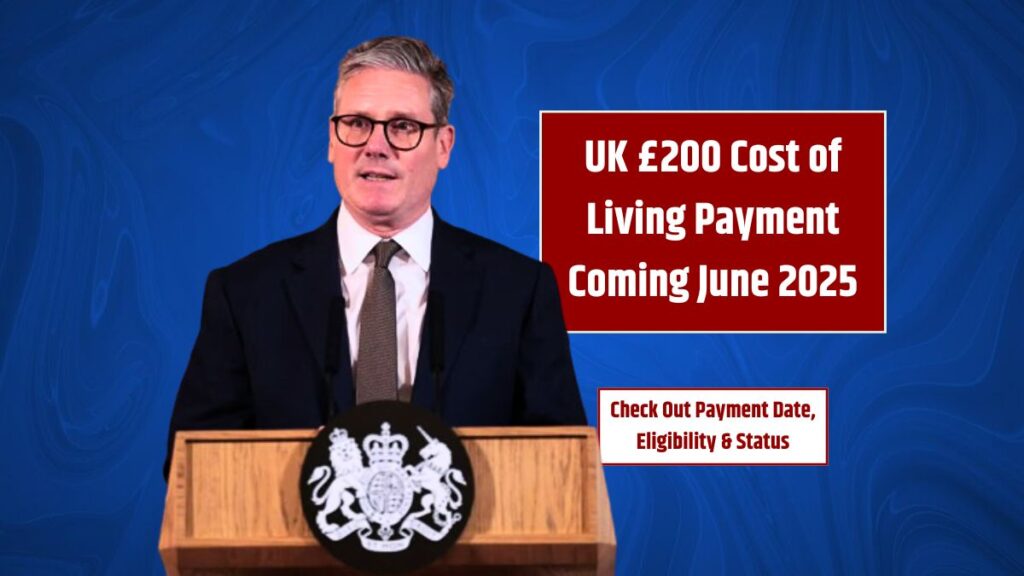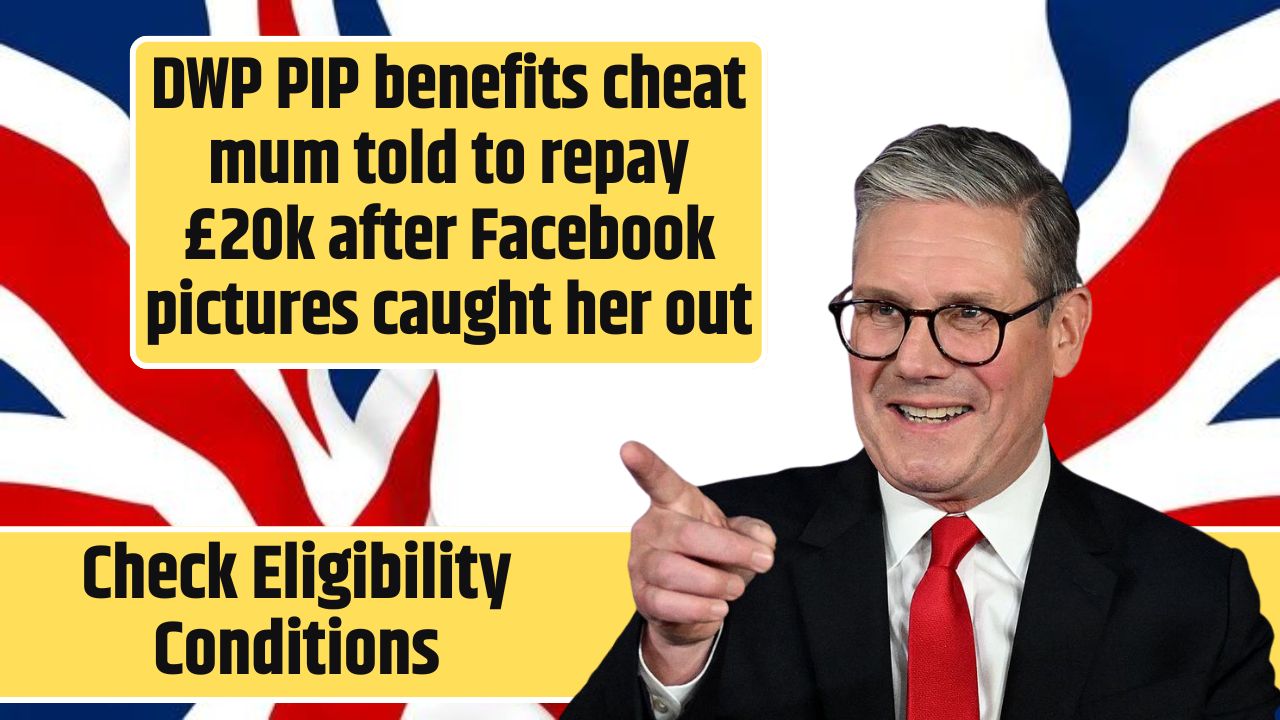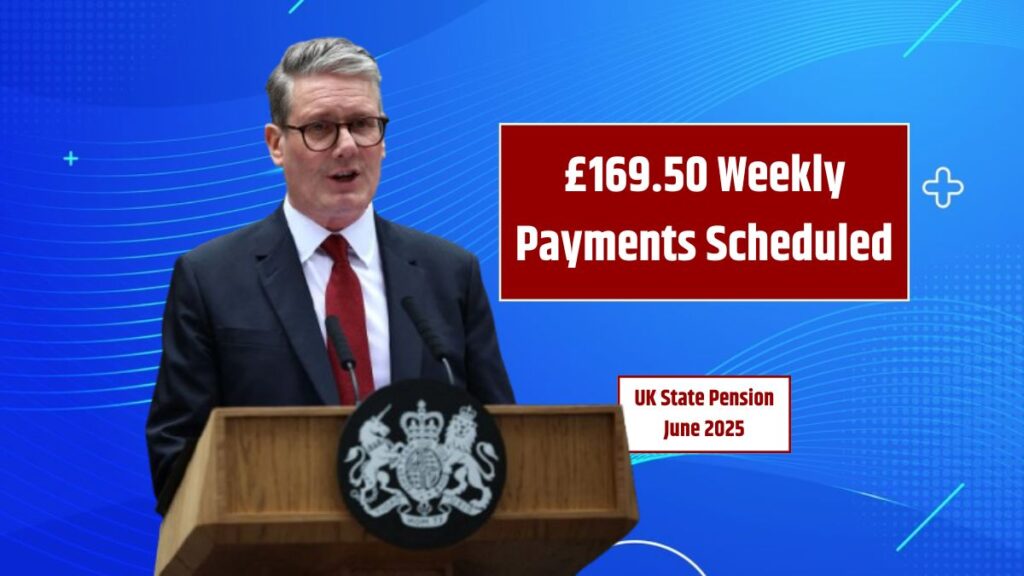If you used ParkMobile any time before March 2021, you might be owed money—or at least a little credit on your account. The 2021 data breach impacted over 21 million users, revealing personal data like email addresses, phone numbers, and license plate numbers.
Fast forward to now, and there’s a $32.8 million class-action settlement on the table. If you filed a claim before March 5, 2025, here’s everything you need to know about the payout, eligibility, and what ParkMobile is doing to fix things.
Background
Back in March 2021, ParkMobile revealed a serious data breach. The issue wasn’t with their main system, but with a third-party vulnerability that hackers exploited. While no credit card data was accessed, lots of personal info was. This included:
- Email addresses
- Phone numbers
- License plate numbers
- Hashed and salted passwords
- Mailing addresses
Over 21 million users were affected, making this breach a wake-up call for both users and tech companies about the real cost of lax cybersecurity.
Lawsuit
Following the breach, a class-action lawsuit accused ParkMobile of failing to safeguard user data. Without admitting guilt, the company agreed to settle for $32.8 million. Here’s how the funds are split:
| Component | Amount Allocated |
|---|---|
| Cash payouts | $9 million |
| In-app credits | $21 million |
| Data security upgrades | $2.5 million |
| Administrative costs | $300,000 |
The goal? Compensate affected users while also preventing this kind of mess in the future.
Eligibility
If you received a breach notification from ParkMobile, you’re likely eligible. These notices included a Notice ID and Confirmation Code—needed to file a claim. Proof of payment or purchase wasn’t required, making it easier for users to get involved.
Key eligibility points:
- You used ParkMobile and were affected by the 2021 breach.
- You received the official notice.
- You submitted your claim by March 5, 2025.
Process
Though the filing deadline has passed, understanding the process is helpful—especially if you’re ever involved in a similar case. Here’s how it worked:
- Visit the official website: ParkMobileSettlement.com
- Enter Notice ID + Code: Provided in your breach notification
- Choose your benefit: Up to $25 cash or $1 in-app credit
- Submit claim: Confirmation emailed after submission
The process was streamlined, but users had to act before the March deadline to qualify.
Payouts
Even if you filed your claim on time, you’ll have to wait. Why? Because class-action settlements take time to finalize. Payments are expected in 2026, depending on:
- Final court approval (March 13, 2025)
- Whether there are any appeals
- Completion of verification steps
Those who chose cash will likely be paid via PayPal, direct deposit, or check.
Security
ParkMobile didn’t just throw money at the issue. They’ve committed to spending $2.5 million to upgrade their security systems. These upgrades include:
- Stronger encryption
- Better user authentication
- Regular third-party security audits
- Cybersecurity training for staff
They’re also tightening their data storage and monitoring systems to avoid future breaches.
Takeaways
So, what can we all learn from this? First, if you use apps that store your personal info (and let’s be honest, that’s all of us), keep an eye on emails, especially those related to security.
Change your passwords regularly, use two-factor authentication, and don’t reuse passwords across platforms.
For businesses, the lesson is clear: cybersecurity is no longer optional. It’s a cost of doing business in the digital world. Trust is everything—and once it’s broken, even a $32 million check might not fix it entirely.
FAQs
How much is the ParkMobile payout?
Eligible users may get up to $25 or a $1 in-app credit.
When will ParkMobile payments be sent?
Payments are expected to begin sometime in 2026.
Who qualifies for the settlement payout?
Users notified of the 2021 breach who filed by March 5, 2025.
Where do I check my claim status?
Visit ParkMobileSettlement.com and use your claim info.
Was payment card data stolen?
No, payment card info wasn’t accessed in the breach.





















